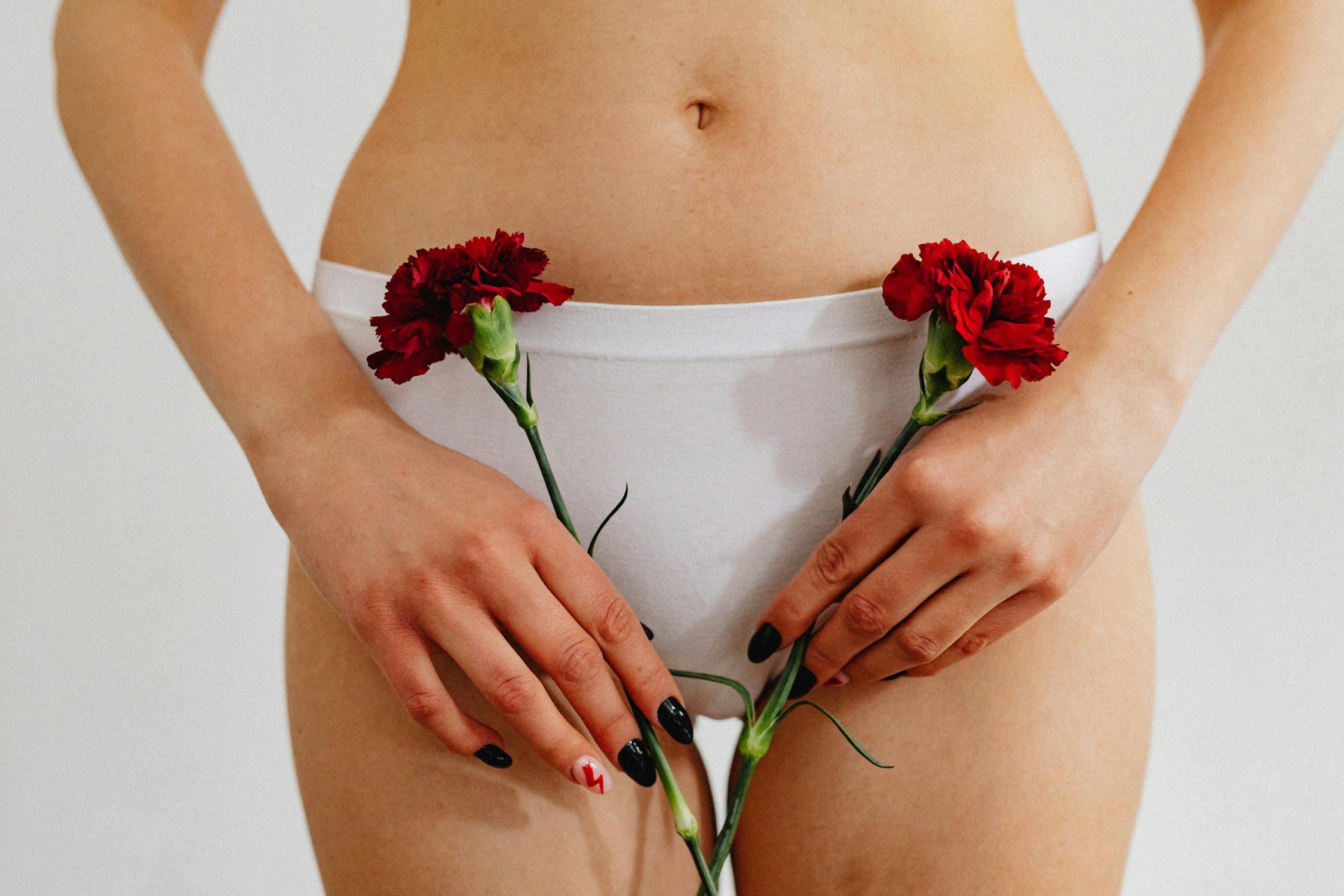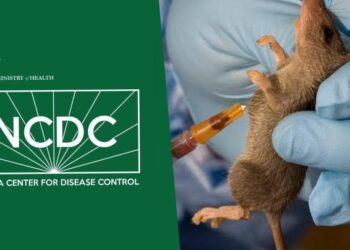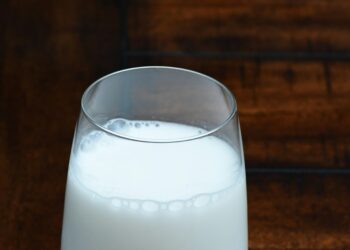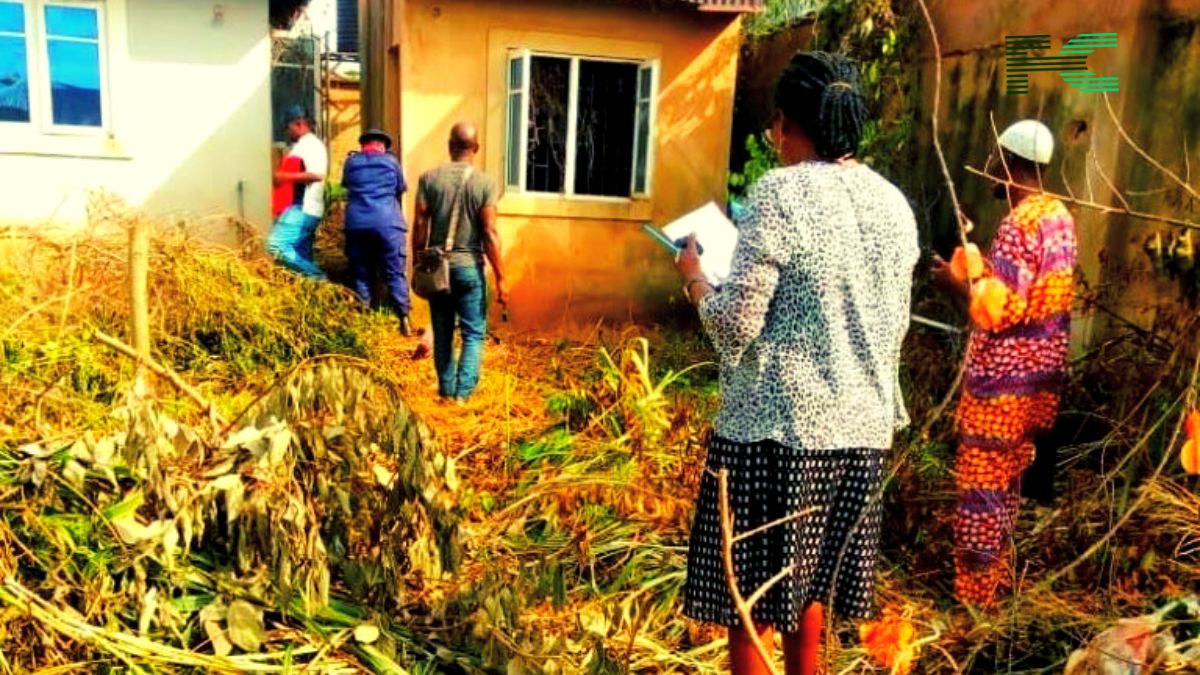Have you ever had an uncomfortable itch after sex and wondered what was the cause? Or have you wondered if it is something to be concerned about? If you’ve been in this situation, you’re not alone. Many women suffer vaginal itching after sex, which, while seemingly insignificant, is caused by a number of circumstances. Today’s article will be focused on how to treat vagina itch after sex.

Non-Infectious Causes
Vaginal itch can be as a result of either an infection or as a result of allergies. If your vaginal itch is due to allergies or irritation, here are some home remedies that can help you feel better:
Over-the-Counter Lubricants: If vagina dryness is the culprit, you need to use a water-based lubricant during sex which can help to reduce friction and also prevent irritation from happening. Lubricants provide moisture and make sexual activity more comfortable, reducing the possibility of itching after sex.
Avoid Irritants: Avoid common irritants such as perfumed soaps, laundry detergents, and body washes. Using unscented, gentle, or hypoallergenic products in intimate areas can assist in reducing itching. You need to switch to unscented, mild or hypoallergenic products for intimate areas in order to prevent itching. If condoms are causing irritation, opt for latex-free or hypoallergenic condoms. Also, avoiding products that contain harsh chemicals can help you maintain your vaginal pH balance.
Wearing Cotton Underwear: Cotton material is permeable and allows more airflow to the vagina, keeping it dry and free of dampness. Synthetic clothing, such as nylon or spandex, trap moisture, causing discomfort and itching.
Avoid Wearing Tight Pants or Leggings: That’s because these clothing increases friction and traps moisture in the genital area, which can cause itching. Loose-fitting clothing allows the skin to breathe while reducing extra moisture, lowering the risk of irritation.
Proper hygiene: Keeping good hygiene is indispensable. Over-washing or using harsh salts can remove the natural oils and bacteria that protect the vagina, resulting in dryness and irritation. So try to wash with clean water or a gentle fragrance-free cleanser and pat the area dry.
Infectious Causes
When the itching is caused by infections, such as bacterial vaginosis, yeast infection, or sexually transmitted infections, there are medical treatments that will be needed to resolve the issue.
Bacterial Vaginosis: If the itch is caused by bacterial vaginosis, the doctor will prescribe antibiotics, usually metronidazole or clindamycin, which can be taken orally or administered as a cream or gel to the vagina. These drugs help to restore the balance of bacteria in the vagina, reducing itching and other BV symptoms.
Yeast Infection: Antifungal creams are commonly used to treat yeast infections. These drugs are available in a variety of forms, including oral pills, creams, and ointments that are administered directly to the vagina. They target the overgrowth of candida fungus, alleviating irritation, discharge, and swelling.
Trichomoniasis: This STI, caused by a parasite, and it is treated with an antibiotic. Both you and your sexual partner(s) should be treated to prevent reinfection, as trichomoniasis is easily spread through sexual contact.
Partner Treatment for STIs: If your vaginal itch is due to a sexually transmitted infection like Chlamydia, Gonorrhea etc, you and your sexual partner(s) should receive treatment. If one partner is treated, there is a greater risk of contracting the virus again.
Bottom Line
If you’ve ever felt itchy down there after sex, it might be anything simple like dryness, an allergy, or an infection. For non-infectious reasons like dryness or irritation, things like using lubricants, avoiding scented products, and wearing cotton underwear can help. But if it’s due to an infection like bacterial vaginosis, yeast infections, or an STI, you’ll need to see a doctor for treatment.

















